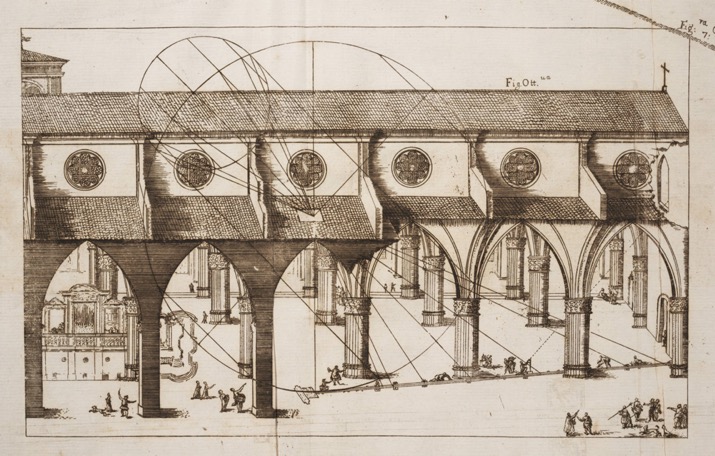March 5 - Enlightenment themes
Section outline
-
Discussion leader: Anil
Assigned reading:
Roger Boscovich, "Relating to metaphysics: The mind and God," §§539-558 in A Theory of Natural Philosophy (1922 [1763]), 379-391.
John Heilbron, "Science in the Church," Science in Context 3 (1989): 9-28. [Do you agree with Heilbron's "generalized" Merton Thesis? Does it remain specific to Christianity, or could you then apply it to another religion?]
Suggested reading:
Steven J. Harris, "Transposing the Merton Thesis: Apostolic spirituality and the establishment of the Jesuit scientific tradition," Science in Context 3 (1989): 29-65.Mordechai Feingold, "Jesuits: Savants," Jesuit Science and the Republic of Letters (Cambridge, Mass., 2003).
John Heilbron, The Sun in the Church: Cathedrals as Solar Observatories (1999).
Agustín Udías, Jesuit Contribution to Science (2015). (A work of apologetics.)
Nicolaidis, Science and Eastern Orthodoxy, chapter 12.
[in combination to be determined with]
Auguste Comte and Positivism, ed. G. Lenzer (1975), 71-86 = A. Comte, Introduction to Positive Philosophy, ed. F. Ferré (1988), 1-33. (Russian)
John Cardinal Newman, "Christianity and scientific investigation," The Idea of a University (1852, 1858). (See also PDF below.)
J. C. Greene, “Biology and social theory in the nineteenth century: Auguste Comte and Herbert Spencer," in Science, Ideology and World View (1981), 60-94.
Suggested reading:
M. Nanda, Prophets Facing Backward. Postmodern Critiques of Science and Hindu Nationalism in India (2003).
E. Renan, L’Islamisme et la science (1883).
M. Alper Yalcinkaya, "Science as an ally of religion: a Muslim appropriation of 'the conflict thesis'," British Journal for the History of Science 44 (2011): 161-181.
N. Keddie, “Imperialism, Science and Religion: Two essays by Jamal al-Din al-Afghani, 1883” (electronic version).
Richard G. Olson, "August Comte and positivisms," Science and Scientism in Nineteenth-Century Europe, 62-86.
(Click on image for larger version.)

